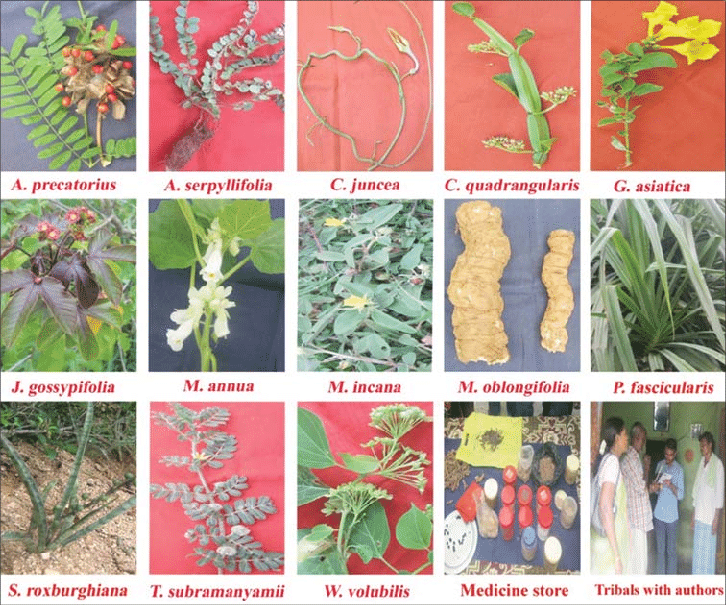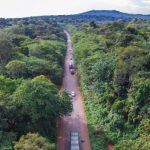
CAN CARIBBEAN TRADITIONAL PLANT KNOWLEDGE HELP CONSERVE CULTURE AND BIODIVERSITY?
By Ecomedia Editorial
In the rich landscapes of the Caribbean, traditional plant knowledge passed down by Afro-descendent farmers is a cultural and ecological treasure. Yet, this knowledge remains largely unrecognized and at risk of fading away. A recent study has outlined an eight-step action plan aimed at giving this botanical heritage the academic and societal acknowledgment it deserves.
Caribbean ethnobotany is more than just identifying plants; it is deeply rooted in how communities relate to their surroundings. “The worldview of traditional knowledge in which plants play a role is much more… it’s spiritual, medicinal, about food security, and sociocultural connections,” explains lead author Ina Vandebroek of the University of the West Indies.
Historically, the Caribbean’s plant knowledge evolved as Afro-descendants adapted to a new environment after forced displacement from Africa. According to ethnobotanist Sonia Peter, while this knowledge initially fostered resilience and survival, it has waned over generations, impacted by colonial disregard and the modern emphasis on tourism. Now, younger generations, like Jamaican farmer Jason West, often feel a disconnection from the traditions of their elders. “We need to encourage younger generations to keep this traditional knowledge,” West urges.
The study’s proposed action steps to preserve this knowledge include fostering local community alliances, updating academic terminology, decolonizing research approaches, expanding educational efforts, revising policies, involving citizen science, and promoting equity and justice for knowledge holders. Financial backing from local governments could further empower these communities to conserve their knowledge.
Beyond scientific recognition, embracing traditional knowledge also means respecting its ethical and spiritual elements. Afro-descendant and Indigenous reverence for sacred species like the Ceiba pentandra tree has been vital to conservation. The resurgence of plants with medicinal value, like the vervain species used during the COVID-19 pandemic, demonstrates the enduring importance of these traditions.
Initiatives are already underway, such as advanced degree programs in ethnobotany at the University of the West Indies and Peter’s efforts to create accessible ethnobotanical gardens. With these steps, there is hope that Caribbean traditional plant knowledge will continue to flourish, supporting both cultural identity and biodiversity.




